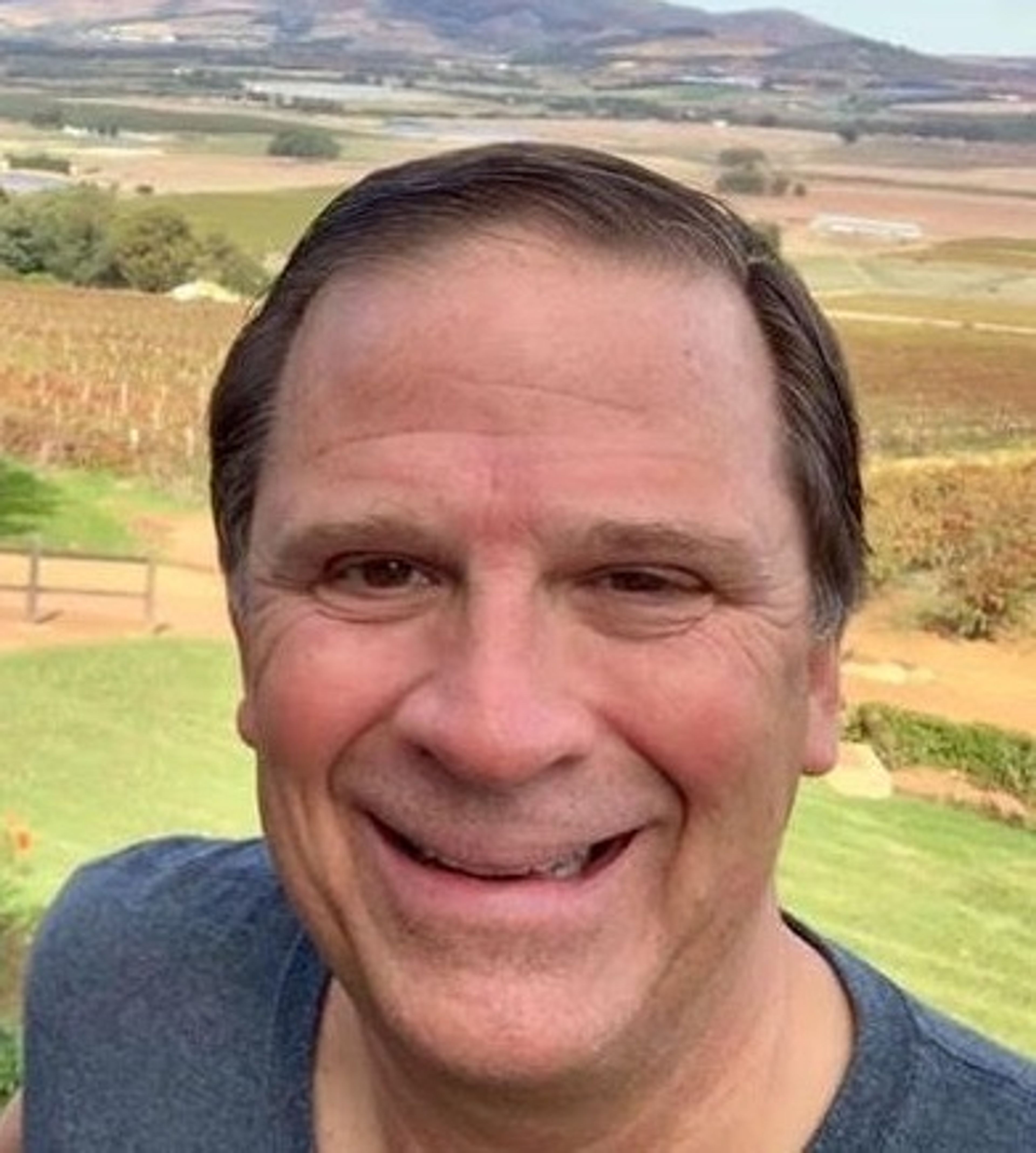Americans’ trust in mass media hit a historic low. Gallup’s latest findings show only 31% of adults have a “great deal” or “fair amount” of confidence in the media. A supermajority — 69% — express little to no trust.
This steep decline marks a profound shift in the public’s trust in the media, raising serious concerns about journalism’s role in a democratic society. With skepticism so widespread, media institutions now face a credibility crisis that threatens their role as the “fourth estate”— holding the powerful accountable and keeping the public informed.
This distrust reflects not only individual failures but a broader breakdown in the public’s trust in institutions that shape national discourse. Many Americans now see mainstream media as unreliable, undermining its role in supporting democracy.
This decline is largely driven by deepening partisan divides: Republicans’ trust is a dismal 12%, with independents showing similar skepticism at 27%, reflecting widespread belief in media bias. Democrats, though more trusting, have also seen their confidence drop, with only 54% still expressing faith in the media.
As both sides of the political spectrum increasingly question the integrity of news sources, this erosion of trust presents serious challenges for democratic discourse and journalistic accountability. It also mirrors broader dissatisfaction with mainstream institutions’ ability to act impartially in today’s polarized environment.
Trust in the media varies sharply by age. Gallup reports that only 22% of adults aged 18-29 trust the media, while 45% of those 65 and older express confidence. This generational divide underscores a growing disconnect, as younger people increasingly turn to alternative sources like social media and podcasts, viewing traditional outlets as biased and outdated.
Mainstream media outlets like MSNBC increasingly rely on an older demographic. Nearly 90% of MSNBC viewers are over 55, with a median age of 68. Legacy media faces extinction unless it returns to objective journalism rather than serving as a mouthpiece for the Democratic Party.
I lost faith in the mainstream media when, in 2002 and 2003, they pushed George W. Bush’s narrative that Saddam Hussein had weapons of mass destruction (WMD) and was complicit in the 9/11 attacks — a virtually impossible alliance between secular nationalist Hussein and religious extremist Osama bin Laden. This narrative conveniently supported Bush’s desire to invade Iraq, and the media ran with it uncritically. Legacy outlets like The New York Times and major networks relied on anonymous sources and government claims, just as today’s media is equally negligent in uncritically supporting the Biden-Harris war in Ukraine.
Another glaring example of media malpractice was the 2004 "Rathergate" scandal, when CBS aired a flawed report on George W. Bush’s National Guard service using unverified documents. The fallout led to multiple resignations, including Dan Rather’s.
The media utterly failed in their responsibility to challenge these narratives. They became deferential to official stories, neglecting the critical scrutiny required for decisions of such magnitude. This complacency was my wake-up call — it’s when I became red-pilled, seeing both the government and mainstream media as complicit in pushing false narratives.
Consider the most recent examples of the media pushing narratives that were later proven false. Think back — did you accept these reports on face value, wait and see, or were you skeptical from the start?
- The Steele Dossier and FISA abuses
- The 2016 Trump campaign colluded with Russia
- Trump called neo-Nazis “fine people”
- Brett Kavanaugh’s sexual assault allegations
- The Covington Catholic High School incident
- Chiefs fan “blackface” controversy
- Jussie Smollett was attacked by “MAGA” supporters
- Trump suggested drinking bleach to fight COVID-19
- Ivermectin isn’t approved for humans
- Hunter Biden’s laptop was Russian disinformation
- COVID-19 lab leak theory dismissal
- Cloth masks, social distancing, outdoor activities and school closures prevented COVID transmission
- Kyle Rittenhouse case
- Protesters killed a Capitol officer on Jan. 6, 2021
- Border Patrol agents whipped illegal immigrants
- Florida’s “don’t say ‘gay’” law
- FBI crime stats show crime is down
- CBS’s "60 Minutes" editing Kamala Harris’ “word salad” to sound more coherent
The media’s declining trust isn’t about failing to adapt to audience demands but stems from its role in echoing Democrat talking points rather than pursuing objective journalism. High-profile failures like the Steele Dossier and the Hunter Biden laptop story show how the media prioritizes a partisan agenda over unbiased reporting. This repeated alignment with Democrat narratives erodes public confidence.
If mainstream outlets want to regain trust, they must prioritize holding power accountable on all sides. However, it’s more likely that they will continue suppressing competing viewpoints rather than critically engaging with Democratic narratives. By choosing censorship over transparency, the mainstream media has sealed its own fate, further alienating the public and accelerating its decline.
Courtney served 20 years as a nuclear engineering officer aboard submarines and 15 years as a graduate school instructor. A political independent, he spends his time chasing his eight grandchildren around Moscow.








